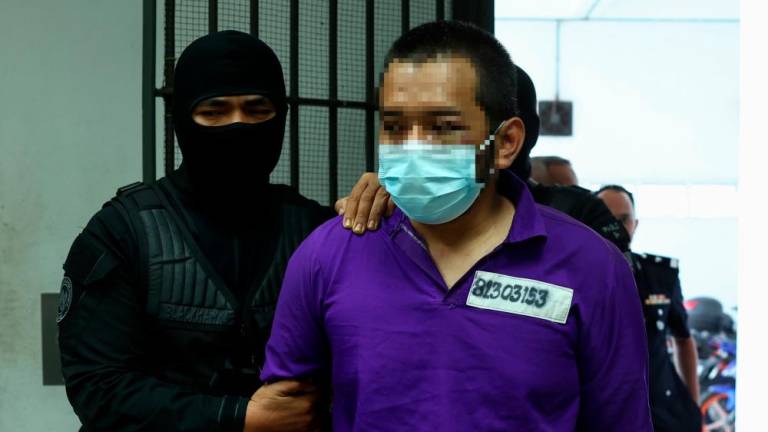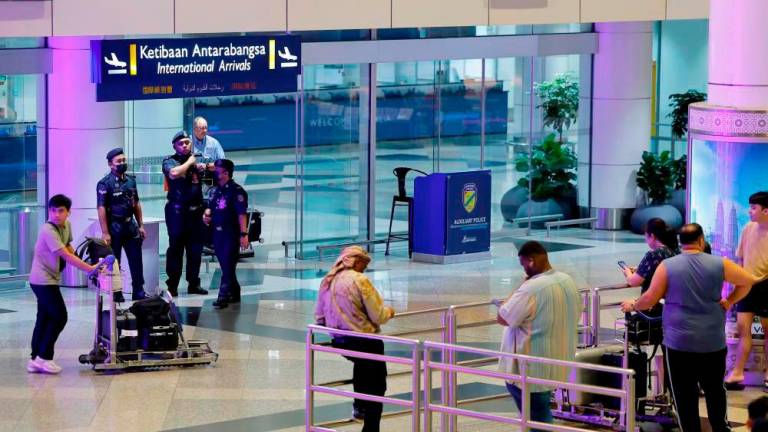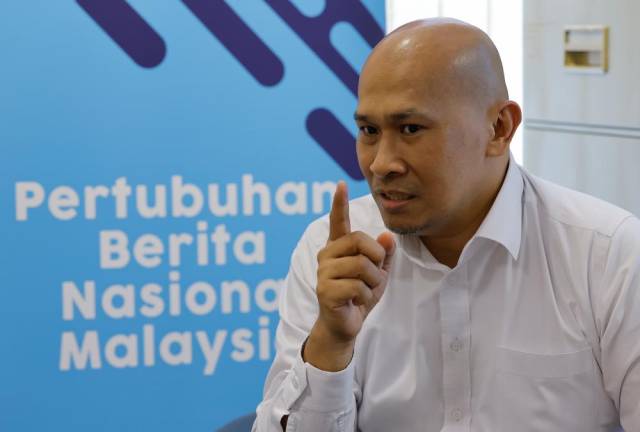PETALING JAYA: Human rights group Suaram is appalled by Bukit Aman’s Special Branch Counter Terrorism Division (E8) principal assistant director Datuk Ayob Khan Mydin Pitchay’s (pix) attempt to mislead the nation on the Security Offences (Special Measures) Act 2012 (Sosma) during a Sinar Harian Facebook live sharing on Nov 21.
Suaram executive director Sevan Doraisamy said the concerns raised by Ayob Khan is misleading as it attempts to portray Malaysia as a nation that has no criminal justice system that can address the threat of terrorism if Sosma was to be abolished.
“Two main points were raised in the media coverage of the session. One, that terror suspects should be denied bail automatically as provided for under Sosma; and two, the 28 days remand period should be maintained,” he said in a statement today.
He said the the claim that if suspects are allowed bail, they would be allowed to reunite with their terror cell and conduct attack is absurd.
“The process for bail as proposed by human rights advocates were always to leave it in the hand of the judiciary as the judiciary serves as the check to any executive action. In this case, why is the judiciary – which presides over criminal trials and issuance of bail for cases of murder, drug trafficking and armed robbery – suddenly unfit and unsound to decide on whether a person should be granted bail when they committed an act of terror?” he asked.
He also said for the 28 days remand period, the concerns were never the period of remand, but how the remand is granted.
“Under the Criminal Procedure Code, the police have the power to apply for a maximum remand period of 14 days. The key difference between the Criminal Procedure Code and Sosma is that a judge decides on the remand period under the Criminal Procedure Code and the police decide under Sosma. Why should the police, an extension of the executive be granted power to decide on remand process when it ought to be the fundamental duty of the judiciary?” he asked.
He further questioned if the police through the public prosecutor have valid reasons for not granting bail to a person. As there are clear concerns that they may commit further offences or pose a threat to public safety, a reasonable judge would deny that application.
Furthermore, Sevan said if the duration for investigation is inadequate under the existing law, the police must make an effort to engage all stakeholders including civil societies and the Bar Council to develop amendments to the Criminal Procedure Code to provide the necessary laws to investigate criminal offences, and not advocate for a law that grants the police blanket power to remand on a whim with no power granted to any judicial body to keep them in check.
“We must also be cognisant that Ayob Khan position that all measures to tackle terrorism should not involve judicial scrutiny is an indirect attack on the judiciary. Does Ayob Khan secretly believe that the judiciary in Malaysia is incompetent to preside over criminal matters and such things are best left to the wisdom of the Royal Malaysian Police without any form of proper check and balance? If he does, is he the kind of police officers that Malaysians want?” he further questioned.















